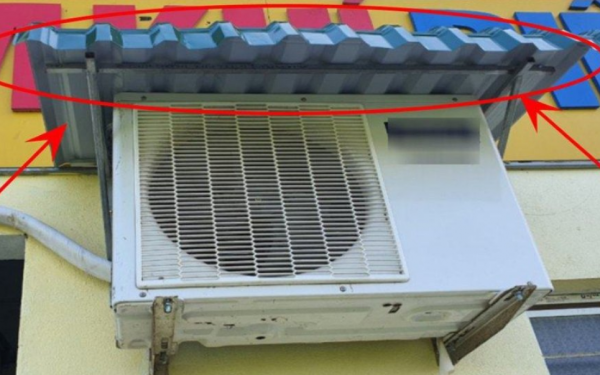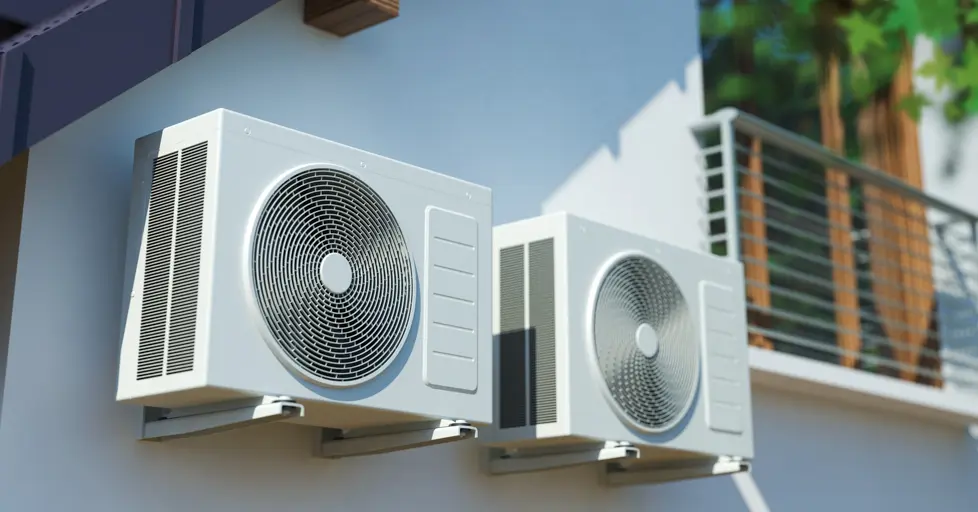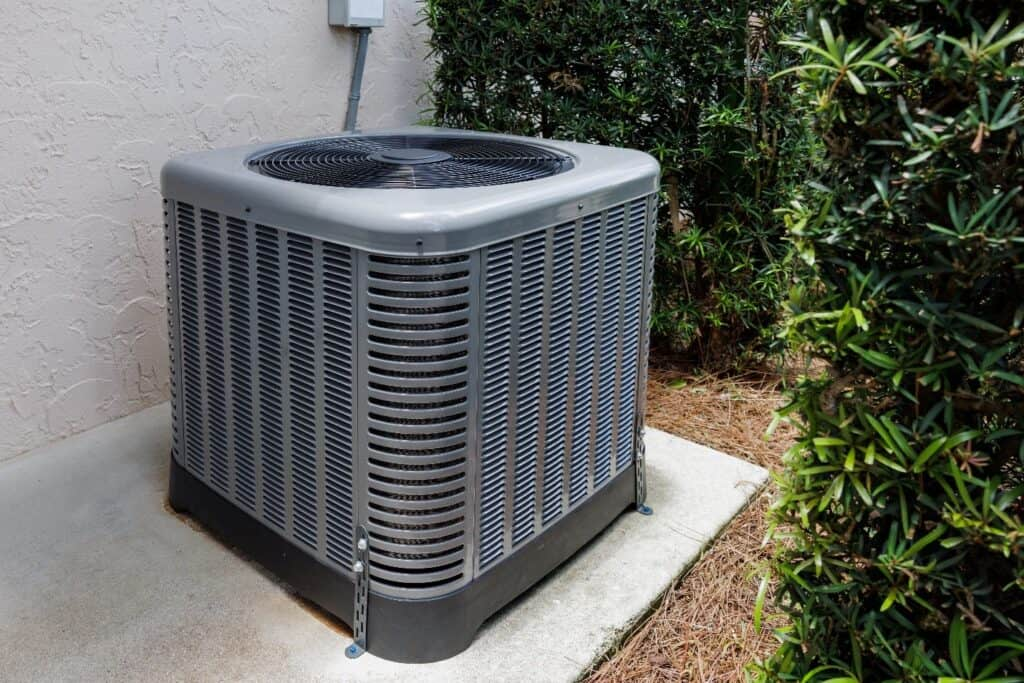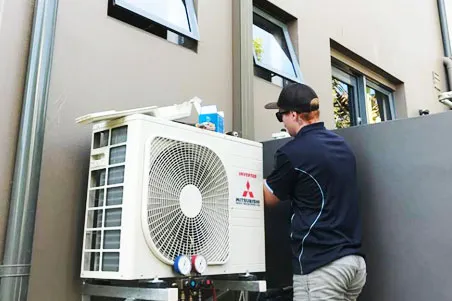When summer rolls around and temperatures soar, air conditioners become a lifeline for staying cool and comfortable. However, not many people realize that the placement of their air conditioning unit plays a crucial role in its performance and longevity. One common question homeowners ask is: should we leave the air conditioner outside or not? Spoiler alert—it belongs outside, and here’s why.
Understanding Your Air Conditioner: Indoor vs. Outdoor Units

To understand the debate, it’s important to first break down the two main components of a central air conditioning system:
- Indoor Unit: This part of the system, often called the evaporator or air handler, is located inside your home. It’s responsible for absorbing heat from the indoor air and blowing cool air back into the house.
- Outdoor Unit: Known as the condenser or compressor, this unit sits outside your home. Its primary function is to expel the heat collected from indoors, ensuring the cooling process works efficiently.
The outdoor unit is specifically designed to be placed outdoors—hence its name. Yet, many homeowners inadvertently make mistakes that can compromise its performance and efficiency.
Why the Outdoor Unit Must Stay Outside
The outdoor unit plays a pivotal role in maintaining a comfortable indoor environment. Here are the key reasons why it should always remain outside in an open, well-ventilated space:
1. Heat Dissipation Requires Ventilation
The condenser’s main job is to release heat absorbed from your indoor air. For this to happen, the unit needs proper ventilation. When placed in a confined space or inside the home, the heat has nowhere to go.
This lack of ventilation causes the unit to overheat, reducing its cooling capacity. Think of it like wearing a thick winter coat in the middle of summer—it just doesn’t work. The result? A less efficient system that consumes more energy and struggles to keep your home cool.
2. Overheating Leads to Higher Energy Bills
An overheating air conditioner has to work much harder to cool your home. This extra effort doesn’t just strain the system; it also drives up your electricity bills. Over time, the added energy consumption can become a significant financial burden.
By keeping the outdoor unit in a well-ventilated area outside, you allow it to operate at peak efficiency, saving you money on energy costs.
3. Premature Wear and Tear
When the outdoor unit overheats, the internal components—such as the compressor—experience added stress. This can lead to premature wear and tear, reducing the lifespan of your air conditioner.
Replacing an air conditioning system is a costly endeavor. Proper placement of the outdoor unit helps ensure you won’t need to make that investment sooner than necessary.
4. Moisture and Mold Concerns
If the outdoor unit is placed in a poorly ventilated or enclosed area, moisture can accumulate around it. This creates the perfect breeding ground for mold and mildew, which can negatively affect both the unit’s performance and the air quality inside your home.

Mold spores can travel through the air ducts, potentially triggering allergies or respiratory issues for your family. Keeping the unit outside minimizes this risk by allowing moisture to evaporate naturally.
The Role of Shade: Enhancing Efficiency Outdoors
While the outdoor unit should always remain outside, its placement within your yard matters too. Positioning the condenser in a shaded area—away from direct sunlight—can improve its efficiency.
Why? Because direct sunlight can cause the unit to heat up, forcing it to work harder to expel heat. A shaded location helps maintain a cooler temperature around the condenser, reducing the strain on the system and lowering energy consumption.
When choosing a spot, consider areas that provide natural shade, like the north or east side of your home, or install a canopy or shade cover specifically designed for AC units. Just be sure not to obstruct airflow around the unit.
Common Mistakes in Air Conditioner Placement
Homeowners often make mistakes when installing or relocating air conditioners. Here are some of the most common errors—and why you should avoid them:
- Placing the Unit Indoors: This is a big no-no. The condenser is not designed to function indoors, and doing so will lead to overheating and inefficiency.
- Installing in Enclosed Spaces: Even when placed outdoors, the unit needs adequate clearance on all sides. Fencing it in too tightly or installing it in a corner without proper airflow can impede ventilation.
- Ignoring Maintenance Access: The outdoor unit requires regular maintenance, including cleaning the coils and checking for debris. Placing it in a hard-to-reach spot can make these tasks more difficult.
- Neglecting Environmental Factors: Avoid placing the unit near shrubs, tall grass, or debris-prone areas. Blockages can restrict airflow and reduce efficiency.

Benefits of Proper Placement
Getting the placement of your outdoor unit right isn’t just about following the rules—it’s about reaping the benefits of a more efficient and cost-effective system. Here’s what you gain:
- Improved Cooling Performance: Proper ventilation allows the system to cool your home faster and more effectively.
- Lower Energy Costs: A well-placed outdoor unit consumes less energy, leading to noticeable savings on your electricity bill.
- Longer System Lifespan: By avoiding unnecessary strain, you can extend the life of your air conditioner and delay costly replacements.
- Better Air Quality: Reduced moisture buildup means fewer mold and mildew problems, ensuring cleaner indoor air for your family.
Tips for Proper Installation
If you’re installing a new air conditioning system or reevaluating the placement of your existing unit, keep these tips in mind:
- Ensure Adequate Clearance: Leave at least two feet of space around the unit for optimal airflow.
- Choose a Shaded Spot: Position the unit away from direct sunlight to enhance efficiency.
- Elevate the Unit: Install the condenser on a level surface and consider raising it slightly to prevent water damage during heavy rain.
- Keep It Clean: Regularly remove leaves, dirt, and debris from around the unit to prevent blockages.
- Hire a Professional: Always consult an HVAC expert for installation and maintenance to ensure the job is done right.
Conclusion: Keep the AC Where It Belongs—Outside

So, should we leave the air conditioner outside? The answer is a resounding yes. The outdoor unit is designed to function in an open, ventilated environment, and placing it anywhere else can lead to inefficiency, higher energy bills, and costly repairs.
By ensuring your condenser is properly positioned outdoors, with enough clearance and shade, you can optimize its performance, extend its lifespan, and enjoy cooler, more comfortable summers without breaking the bank.
Don’t let poor placement compromise your air conditioning system. Keep the condenser outside, and let it do its job—keeping you cool and comfortable all summer long.


